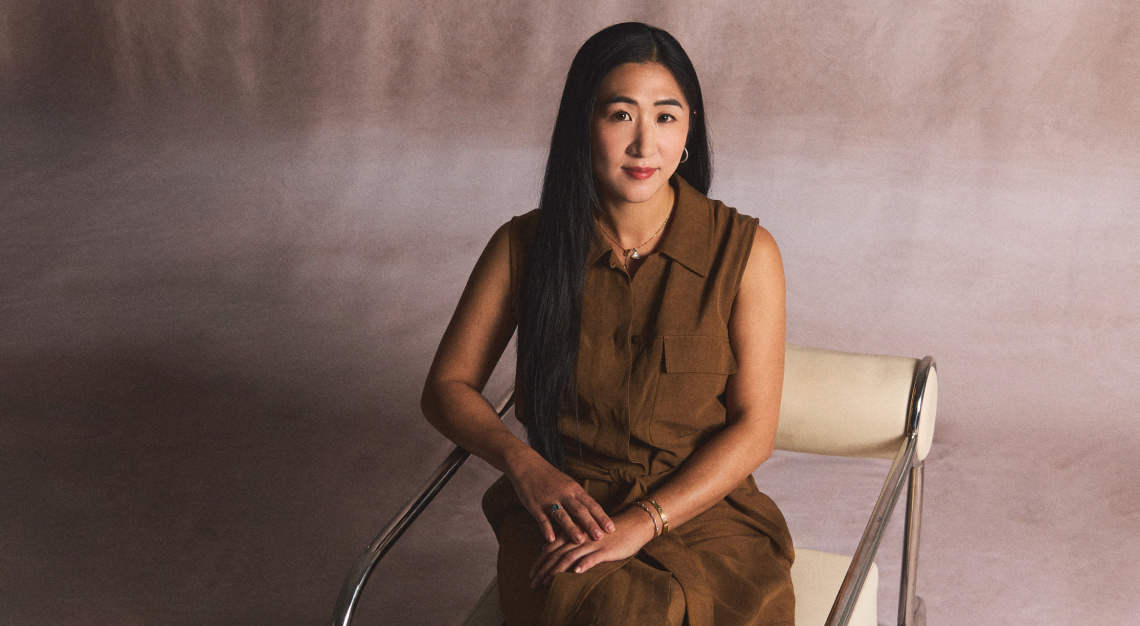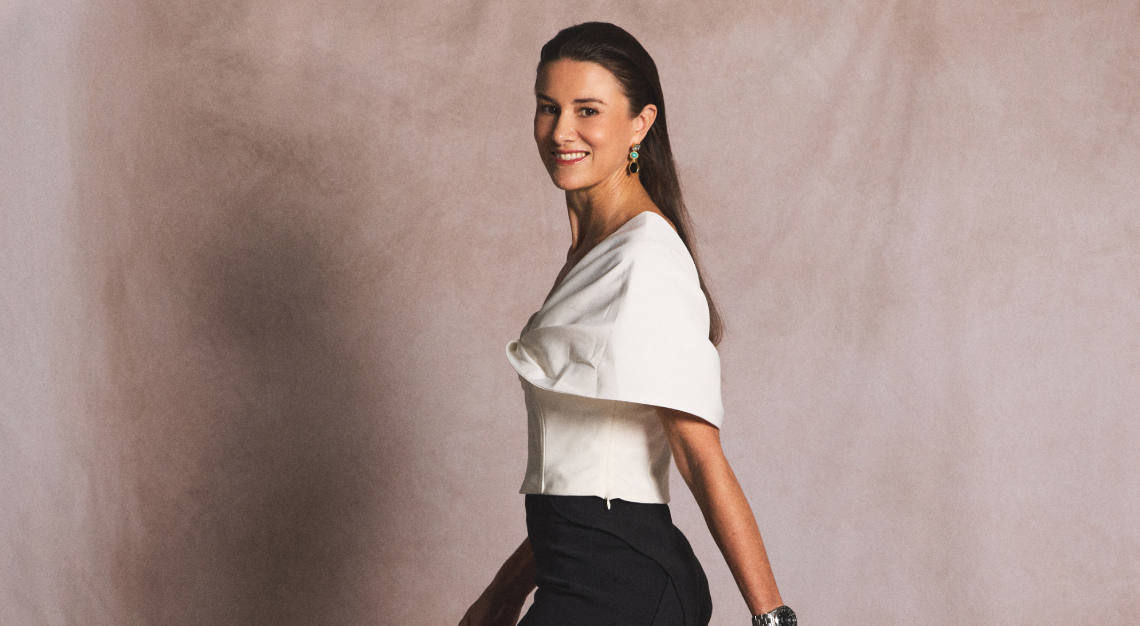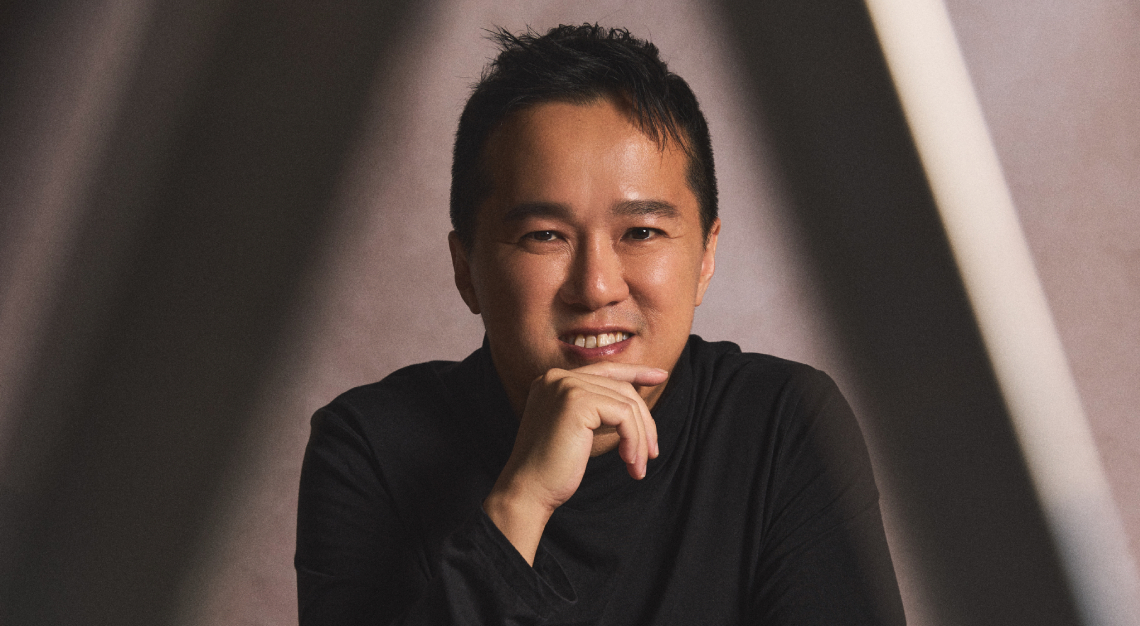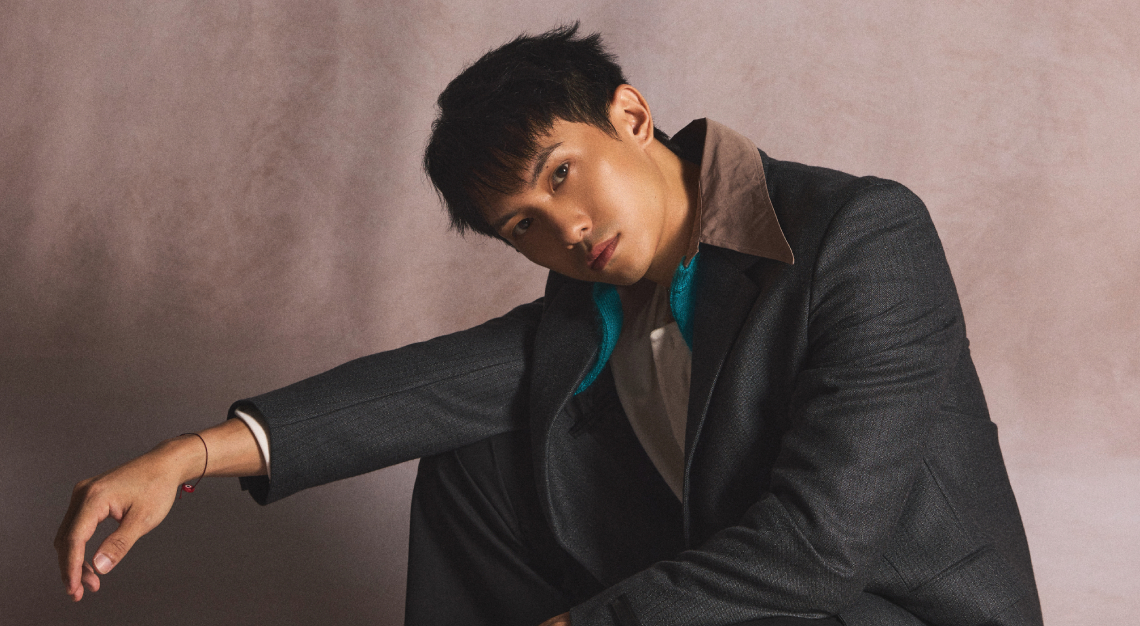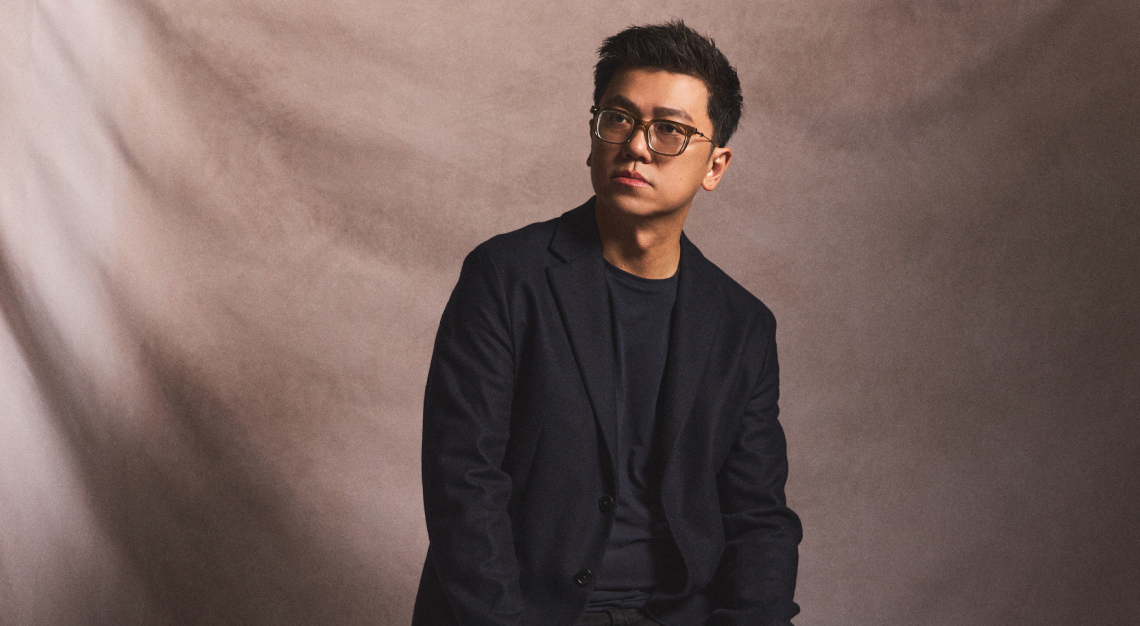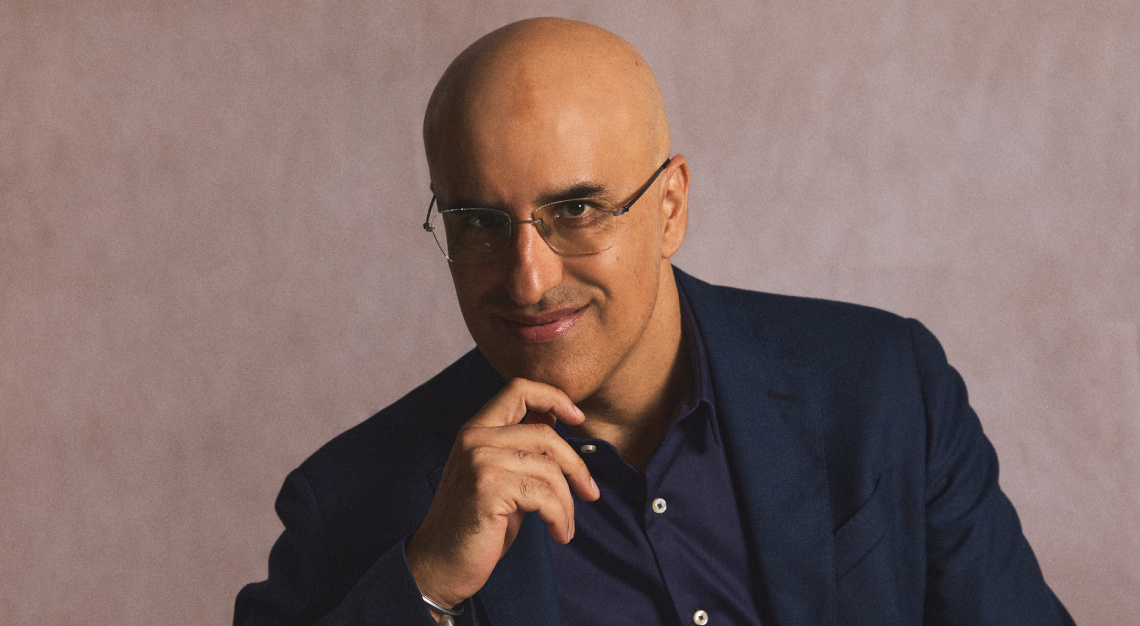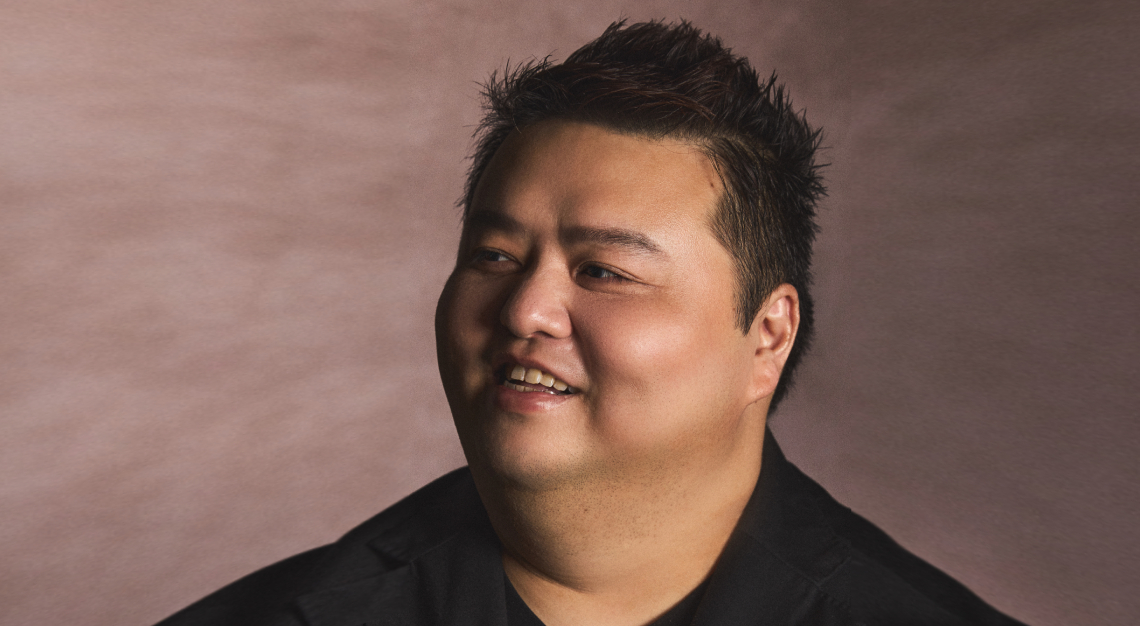“Courage isn’t about taking one big leap, but steady, disciplined steps.” – Didi Gan
Didi Gan is a woman on a mission—and she is not here to think small. As CEO and co-founder of N&E Innovations, a Singapore-based biosciences company, she is tackling two of the world’s most urgent challenges: food waste and chemical overuse.
Gan says that she had an awakening when she was working in the textile manufacturing business. “I watched vats of dyes and finishing chemicals move through the factory— remarkable products on the surface, invisible toxicity underneath,” she says.
Driven by a desire to change the status quo and “keep things clean without making people sick or the planet pay”, Gan and her former university classmate, Jaslyn Lee, began developing nature‑derived antimicrobials and circular feedstocks, and upcycling agricultural by‑products into an edible, food‑grade antimicrobial composite that safely disables microbes.
The result of the duo’s work was ViKang, a patented, nontoxic, food-safe formulation with 99.9 per cent efficacy—on par with medical-grade sanitisers. From her spare room, Gan helped turn that breakthrough into a growing product range, including heavy-duty countertop laminates for food preparation, surface spray coats for hotels and hospitality companies, and cling wraps and plastic containers that extend food shelf life with enhanced safety and hygiene.
Today, the company has sold over 500,000 consumer units of its products, working with more than 30 B2B clients. It’s a journey that has earned Gan international accolades, including the 2024 Red Club x Cartier Young Leader Award— the first Singaporean to receive it—and industry recognition for N&E Innovations as a sustainability trailblazer. Yet, for Gan, the work is just beginning.
What’s been the biggest professional risk you’ve taken?
Leaving a safe corporate role in textiles to start N&E Innovations. I swapped a steady salary for a borrowed lab bench and the belief that waste could become protective materials. We chose the harder path—regulated, food‑contact solutions over quick consumer wins. However, it taught me important lessons, such as to design for regulation and manufacturability from day one, guard cash as I would a raw material, and choose partners who can scale. And above all, that courage isn’t about taking one big leap, but steady, disciplined steps.
What is an emerging trend that will shape the future of your field?
Functional, active packaging will define the next decade. Recent analyses estimate up to 2.5 billion metric tons of food are wasted globally each year. The fastest way to bend that curve is packaging that safely slows spoilage while reducing plastic dependency. Regulators are accelerating the shift: the European Union’s Packaging and Packaging Waste Regulation sets binding reuse targets, restricts certain single‑use formats, and bans food‑contact packaging with intentionally added PFAS (perfluoroalkyl and polyfluoroalkyl substances) above set thresholds. In the US, the FDA (Food and Drug Administration) has confirmed PFAS grease‑proofing agents are no longer being sold for food‑contact paper.
If you could change one thing about your industry, what would it be?
The stubborn myth that only alcohol-based products can clean effectively. Today’s advanced composites can inactivate bacteria and viruses as effectively as alcohol‑based products. Our products—the C2plus disinfectant range and KeepWell cleaning wraps—aim to deliver high efficacy with alcohol‑free, gentler formulations and less single‑use plastic.
What’s a belief that has fundamentally changed for you over the years?
I used to believe great science was enough. Today I start with people and work backward. The lab result is only the first step. We measure value in days of shelf life gained, waste avoided, and safer routines—not just in patents or prototypes.
What legacy do you hope to leave behind?
A world where waste becomes protection—where upcycled agricultural by‑products are routinely turned into safe materials that keep food fresher, cut single‑use plastics, and remove unnecessary toxic chemicals from everyday life. I want our food backing product, The Orange Wrap, to be the first of many and proof that circular, antimicrobial packaging can scale. And I hope the path we’re building helps more women in Southeast Asia start and grow enduring deep‑tech companies.
Photography by Eugene Lee of Enfinite / Hair & Makeup by Sophia Soh of Suburbs Studio
